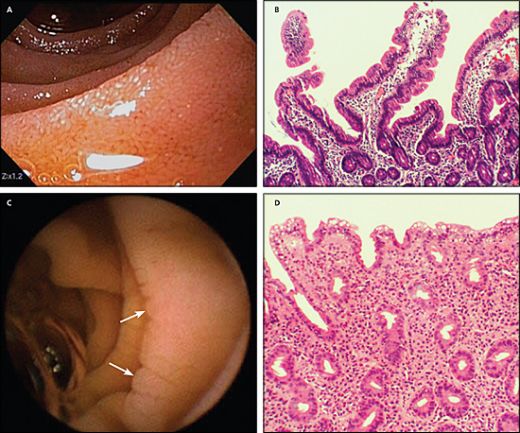
what can we do to strengthen our liver?
Liver failure occurs when the body’s liver can no longer function properly. This is often preceded by liver disease, which can have numerous symptoms. Liver failure, however, is marked by several symptoms, which taken together with blood tests and other medical exams indicate the liver’s function is impaired to an extraordinary extent.
One marked symptom of liver failure is jaundice. Jaundice is easy to note physically since it discolors the skin to a yellow or orange tint. The whites of the eyes may also appear yellowish. Jaundice is a sign of the liver’s inability to successfully excrete bilirubin from the body. Although many babies suffer form jaundice after birth, this is not generally a symptom of liver failure. However, jaundice in adults is always cause for concern.
People with liver failure may also bleed easily or bruise excessively. Platelet count may be reduced in those with a failing liver, which “thins” the blood, making it harder for the blood to coagulate if a cut or a blunt injury occurs. Lower platelet counts are also symptomatic of numerous other illnesses.
Ascites, the accumulation of large amounts of fluid in the abdominal cavity, are quite frequently the result of liver failure. In fact, an abnormally protruding stomach is often a sign of severe liver failure. Ascites may also be caused by a failing heart or other conditions, which should be ruled out.
People with liver failure may also have a reduction in their ability to think and remember. overall, their health may be poor and they may be more susceptible to common illnesses. Liver failure can also cause significant fatigue, a general feeling of weakness, and loss of appetite or nausea.
If liver failure is unarrested, symptoms progress resulting in possible seizures, disorientation, inability to speak, and impaired judgment. Failure of other major organs may occur since the body works cooperatively with each organ. Ultimately death will occur if medical intervention is either not feasible or is not sought. Many who have liver failure can partially arrest symptoms through treatment with medications. However, some with liver failure require a liver transplant in order to recover.
Jaundice(yellowing of the skin and mucus membranes) is a sign of a failing liver.
turning yellow is a symptom of liver failure, plus long term alcohol damage leads to vomiting blood.
The liver can repair itself up to a point, but serious damage may need a transplant.
don't drink alcohol